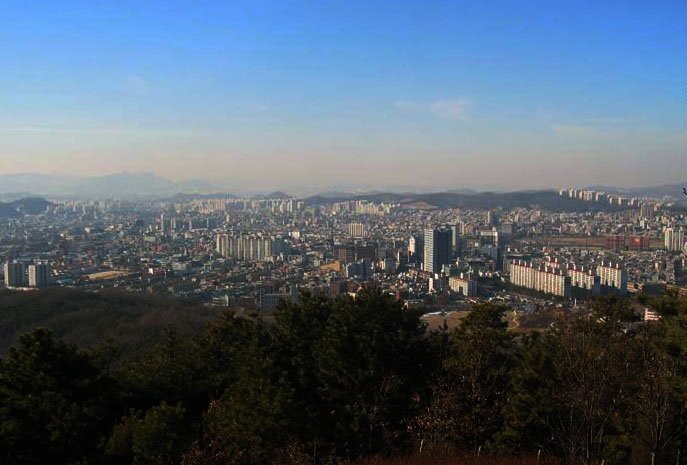Korean telco KT has announced a massive cloud data center expansion in response to sluggish performance of its traditional business.
The Cheonan facility in South Korea’s South Chungcheong province will be the foundation of a new emphasis on cloud computing and big data.
The company is seeking new more profitable areas as revenue from traditional wired networking flatlines, according to KT chairman Hwang Chang-gyu.
The telco already has ten data centers but is switching its data center building technique as it seeks to ramp up its estate.
The Cheonan facility will use pre-fabricated building techniques and is claimed to be the first modular data center built in Korea.
A KT spokesperson said the company is planning for rapid growth and modular techniques will allow it to expand facilities more easily.
The server rooms in the facility’s new annex were finished in five months, whereas previous data centers had taken five years to become fully operational, said the KT source.
The new method of construction has saved the firm about KRW10bn.
Further operational savings come from a new heat management regime that allows server rooms to run at 30°C, which is 8°C higher than previous systems allowed.
According to the telco’s figures, this has cut the work load and power consumption by air conditioners by 36%.
The company said it plans to build a second annex in the Cheonan cloud data center in 2015.
"We have connected our long-accumulated expertise in managing data centers to the world's best smart energy management technology to establish a smart and green data center," Chang-gyu said.
The new cloud computing and data center operations will allow the telco to run managed data services for business clients.
"We are actively working with client enterprises to provide them our data center capacity," she said.
"We will stay diligent in attracting more customers from home and abroad in the cloud computer sector".

